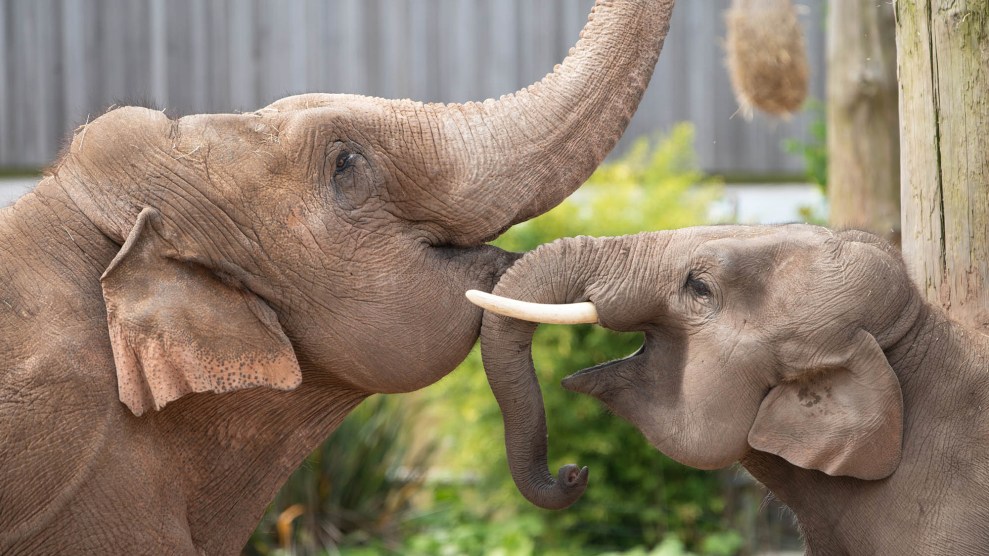| Seafood: What’s good and bad for you, and for the environment. | |||
| FISH | GOOD FOR YOU? Best Worst |
ECO-FRIENDLY? Yes No |
HEALTH ADVISORIES |
| Abalone (U.S. farmed) | insufficient data | ||
| Anchovies | |||
| Arctic Char (U.S. and Canadian farmed) | insufficient data | ||
| Bass, Striped (farmed) | |||
| Bass, Striped (wild) | PCBs, mercury, and pesticides | ||
| Bluefish | PCBs, mercury, and pesticides | ||
| Blue Marlin | Mercury | ||
| Catfish (U.S. farmed) | |||
| Caviar, Paddlefish and Sturgeon (U.S. farmed) | insufficient data | ||
| Caviar, Sturgeon (wild) | insufficient data | ||
| Clams | insufficient data | ||
| Cod, Atlantic | Mercury | ||
| Crab, Blue | PCBs and mercury | ||
| Crab, Dungeoness | Mercury | ||
| Crab, snow and stone | |||
| Crawfish (U.S.) | |||
| Croaker, Atlantic | PCBs | ||
| Croaker, White | PCBs | ||
| Eel, American | PCBs, mercury, and pesticides | ||
| Flounder, Blackback | PCBs | ||
| Flounder, Summer | PCBs | ||
| Grouper | Mercury | ||
| Halibut | Mercury | ||
| Herring, Atlantic Sea | |||
| Lingcod | Mercury | ||
| Lobster, American/Maine | Mercury | ||
| Mackerel, Atlantic | |||
| Mackerel, King | Mercury | ||
| Mackerel, Spanish | Mercury | ||
| Mahi Mahi | Mercury | ||
| Marlin, Striped | Mercury | ||
| Marlin, White | Mercury | ||
| Monkfish | Mercury | ||
| Mussels, Blue (farmed) | PCBs | ||
| Mussels, Blue (wild) | PCBs | ||
| Mussels, New Zealand Green | insufficient data | ||
| Opah/Moonfish | Mercury | ||
| Orange Roughy | Mercury | ||
| Oysters, Eastern (farmed) | PCBs | ||
| Oyster, Eastern (wild) | PCBs | ||
| Oysters, European | insufficient data | ||
| Oysters, Pacific | |||
| Pompano, Florida | Mercury | ||
| Rockfish (Pacific: rock cod/boccacio) | Mercury | ||
| Sablefish/Black Cod (from Alaska) | |||
| Salmon, Atlantic (farmed or wild) | PCBs, dioxins, and pesticides | ||
| Salmon, Alaska (wild) | |||
| Sardines | |||
| Scallops (farmed bay) | |||
| Seabass, Black | Mercury | ||
| Seabass, Chilean | Mercury | ||
| Shark | Mercury | ||
| Shrimp (Northern from Newfoundland, U.S. farmed) | insufficient data | ||
| Shrimp/Prawns (imported) | insufficient data | ||
| Snapper, Red | Mercury | ||
| Snapper, Mutton | Mercury | ||
| Snapper, Yellowtail | Mercury | ||
| Sole, English | PCBs | ||
| Spot Prawns | insufficient data | ||
| Spotted Seatrout | PCBs and mercury | ||
| Sturgeon, Atlantic | Mercury | ||
| Sturgeon (farmed) | insufficient data | ||
| Swordfish | Mercury | ||
| Tilapia (U.S.) | |||
| Tilefish | Mercury | ||
| Tuna, Albacore | Mercury | ||
| Tuna, Bluefin | Mercury | ||
| Tuna, Skipjack | Mercury | ||
| Wahoo | Mercury | ||
| Weakfish | PCBs | ||
| Winter Skate | Mercury | ||
| Source: Oceans Alive, a project of the Environmental Defense Network | |||
















